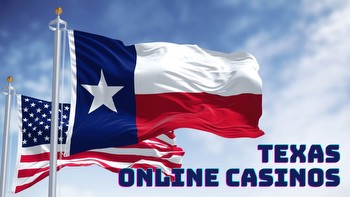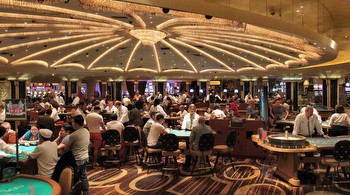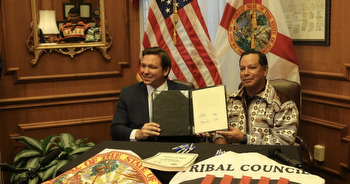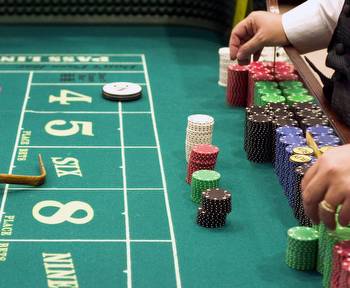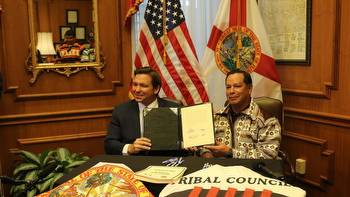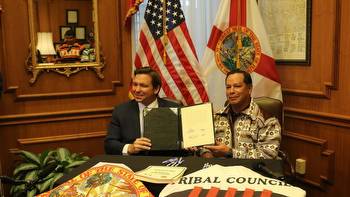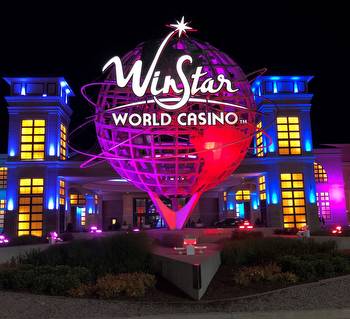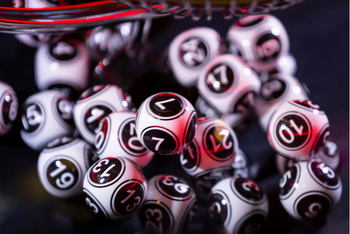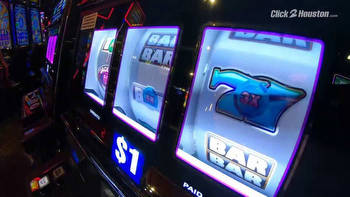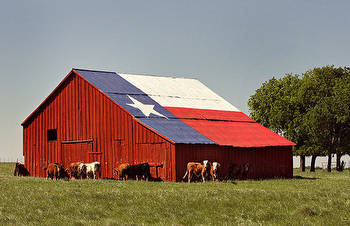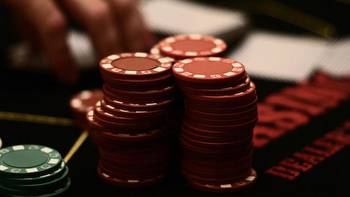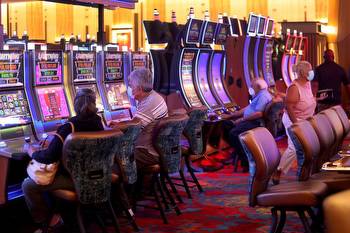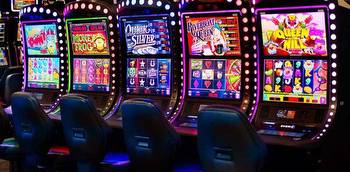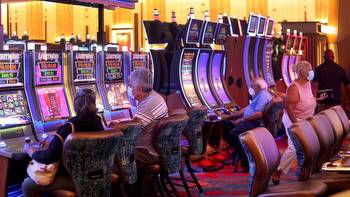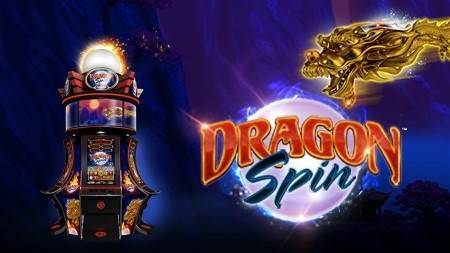Supreme Court grapples with Indian gaming and the legality of bingo in Texas

The Supreme Court will resolve a conflict between an Indian tribe and the state of Texas over state restrictions on gambling such as bingo, after hearing oral arguments on Tuesday.
The Ysleta del Sur Pueblo, an American Indian tribe in Texas, told the justices that federal law prohibits the state from restricting the tribe’s gaming activity.
In Texas, bingo games are legal only if they are conducted by certain entities for charitable purposes.
Ysleta del Sur Pueblo, located outside El Paso, agreed more than 30 years ago that its gambling activities would comply with Texas law, but subsequently, the tribe has claimed that the federal Indian Gaming Regulatory Act of 1988 permits its bingo activities.
During oral arguments, the justices grappled with the difference between bingo held at an Elks Lodge, with someone calling out numbers, and bingo played on what appears to be a slot machine.
“This thing looks like a slot machine, right?” asked Chief Justice John G. Roberts Jr. “Are there people calling out numbers?”
A lawyer representing the tribe said those differences are something the lower court should decide with expert testimony.
“There are people who can be qualified as experts on that?” asked Justice Samuel A. Alito Jr.
“Can you ask my grandmother?” said Justice Stephen G. Breyer, which drew laughter.
“If it’s allowed to anyone for any purpose, it’s not a prohibited activity,” argued Brant Martin, representing Ysleta del Sur Pueblo.
The legal battle began when Texas sought to halt any unlawful bingo played by the tribe, and the lower court sided with the state.
“The word bingo is not the relevant question here,” Lanora Christine Pettit, representing the state, told the high court. “We have a strong public policy and all gambling is banned under the Constitution unless specifically authorized.”
The justices are likely to issue a ruling by the end of June.








